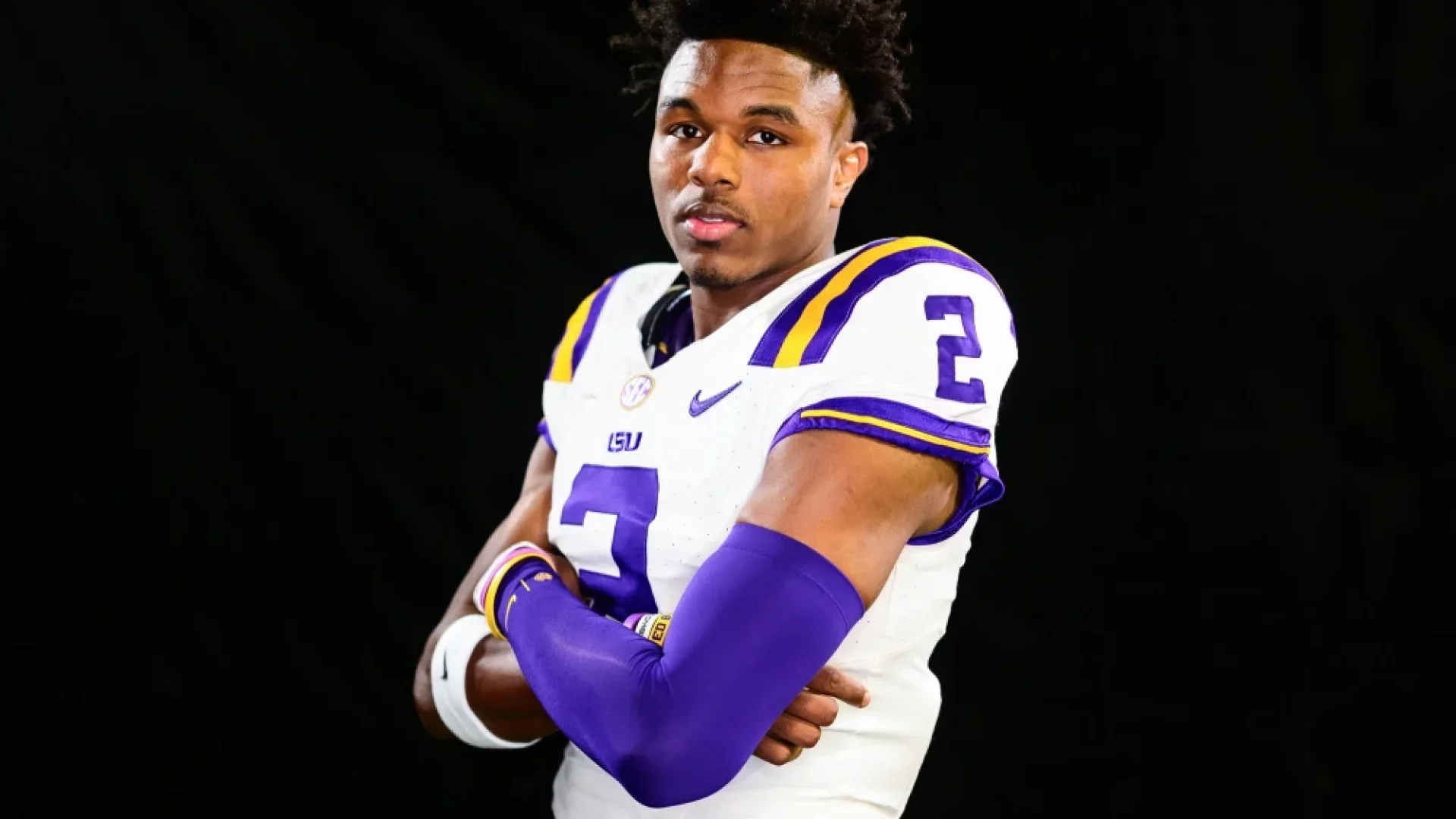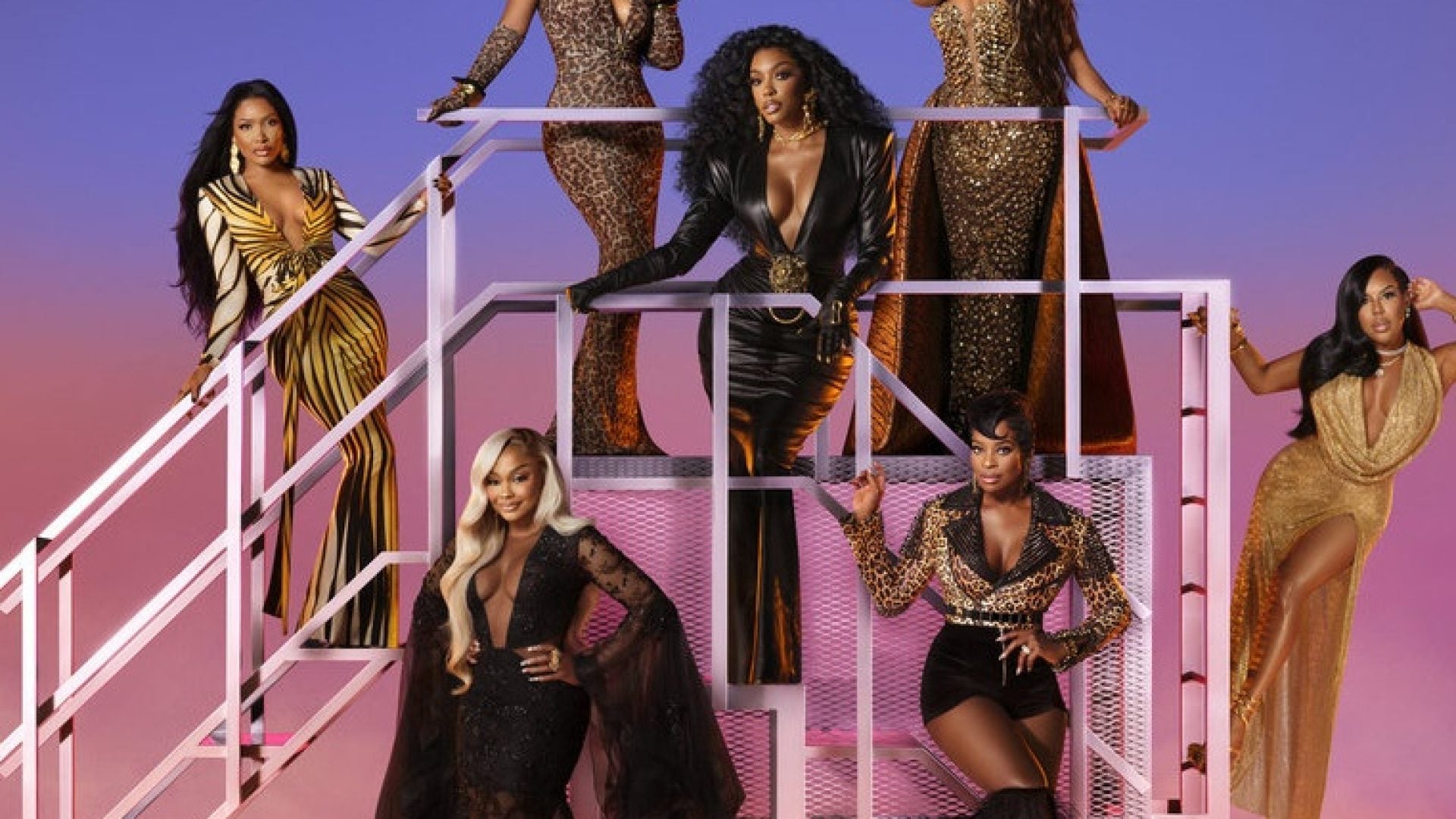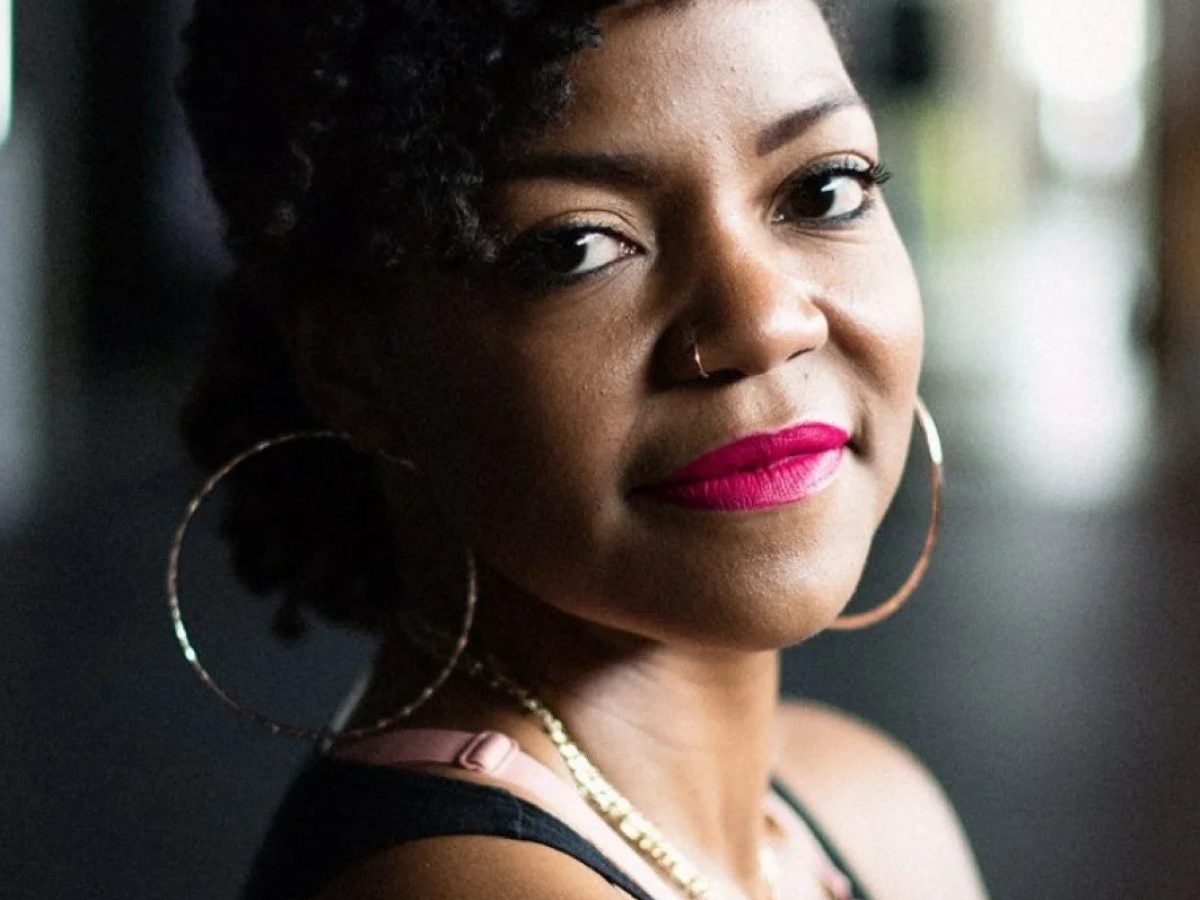
Chrissy King, writer, strength coach and educator, has a passion for creating a diverse and inclusive wellness industry. Growing up in the ’90s, she didn’t see herself represented anywhere as a tall Black girl with thick, coily hair, coming of age in the Midwest. As a result, she felt like she had to be thinner and smaller, which led to unhealthy dieting and a strict workout routine shrinking both her body and her spirit. Although King eventually slimmed down and received compliments, she suffered from an unhealthy body image, a poor relationship with food and low self-esteem. At her smallest, she still felt anxious and frustrated. It took her several years to realize her breaking point.
Now her life’s work is dedicated to empowering individuals to stop shrinking and to start taking up space. King merges her passion for social justice, which she received a degree in from Marquette University, with wellness. Her hope is to empower individuals within the fitness and wellness industry at large to create spaces that allow individuals from all backgrounds to feel seen, welcome, respected and celebrated.
Her book, The Body Liberation Project: How Understanding Racism and Diet Culture Helps Cultivate Joy and Build Collective Freedom (release date March 14, 2023), is a genre-redefining narrative that mixes memoir and inspiration with messages about social and racial justice. The book couldn’t have come at a better time, as Black girls are suffering from eating disorders at an alarming rate. According to the National Eating Disorders Association, Black teenagers are 50% more likely than white teenagers to exhibit bulimic behavior, such as binging and purging. King wants to shine a light on toxic diet culture by examining the root cause of it, which she believes to be racism and white supremacy.
Historically, the wellness, diet, and fitness industries have targeted the insecurities of those who don’t meet Eurocentric beauty standards (Black, fat, trans, non-binary). In the book, King explores how body image and beauty standards can only be truly understood within a framework of interlocking systems of “isms” – racism, sexism, classism and heterosexism. As she previously experienced in her childhood, people can spend the entirety of their lives attempting to transform into a “better” or more “enhanced” version of themselves instead of simply accepting who they are, which is why the author is encouraging her readers to seek body liberation over assimilation.
ESSENCE caught up with King to discuss her own journey to body liberation, diet culture and how Black women can decolonize their thoughts regarding their bodies.
ESSENCE: How do you define body liberation?
Chrissy King: When thinking about body liberation, I’m talking about the idea that we are inherently worthy because we exist and that the sooner we can embrace that, the easier it is to stop focusing so much on obsessing about our bodies. Because we realize that, at our essence, in our core, our bodies are the least exciting thing about us, and it’s also about understanding that our bodies are just the vessel allowing us to have this human experience. Our bodies are not the thing that makes us who we are. Also, it’s about understanding that the goal of body liberation is not to wake up daily, look in the mirror, and love everything we see about ourselves because that’s unrealistic. But it’s up to us to understand that our body is still incredible regardless of what we see in the mirror. It’s still allowing us to live, thrive, be here, and have this human experience. We are worthy and deserving of respect, love and appreciation, and gratitude, regardless of the reflection that we see back in the mirror.
Why was it essential for you to write The Body Liberation Project?
It was vital because I spent so many years of my life obsessing about my body, over-exercising, and restricting my eating; it took all my energy and drained me of life. It set me free when I repaired my relationship with my body and moved toward body liberation. I use the word “liberation” because it’s about true freedom and I recognize that I was on this path of liberation and freedom. It opened up so many different areas of my life because I had this extra energy that I wasn’t spending obsessing about my body that I could use to create all these other things. Also, when I was a personal trainer working with clients, they came to me with a desire to lose weight with this idea that when you lose weight, everything’s going to be better. The reality is that when your self-worth is based on what you look like, weight loss won’t be a magical pill that makes you feel better. From personal experience, I was the most miserable in the thinnest body I’ve ever been in. When I fixed that relationship with my body, it set me free. I want other people to experience that same freedom in their lives. So I wrote the book in service of that mission, hoping that people across the entire globe will move towards liberation.
Could you speak to me about your self-love and body positivity journey?
It was a long, arduous journey. I always felt different in my body because I am nearly six feet tall. I always felt awkward and out of place in my body. I thought, If I’m going to be tall, I need to be like Naomi Campbell. If I am going to be tall, I should look like a model.
I did my first Atkins diet at 16 or 17. I lost 30 to 35 pounds very quickly and gained the validation of my peers, which was a defining moment for me. For the next 10 years, I did many yo-yo diets. In my early 20s, I joined a gym and did strength training, eventually powerlifting, and experienced a body transformation. I reached the goal weight but then realized it was a never-ending cycle. I had a rock bottom moment when I realized I would spend the rest of my life doing this because I was seeking external validation. I realized I needed to repair my relationship with my body image and worthiness to break this cycle.
Why do you think our girls are suffering from bulimia?
When we think of mainstream eating disorders, White girls have become the face of them, even though Black and brown women suffer and deal with eating disorder issues just as much, sometimes more. I think it’s stigmatized, particularly in the Black community, like that’s a “white girl thing” and not a problem that we have. As a result, there’s less support.
There are a lot of people who have shame around body image and eating disorders. Then Black and brown women are less likely to be diagnosed with eating disorders compared with those having the same symptoms as white women and white girls. There’s a lot of judgment and it feels shameful to come forward and talk about your issues with your body and to express to people that you’re struggling. There were a few situations where I started purging and I stopped myself before I got serious, but even talking about that in the book was scary for me because that’s not something that I reveal to anybody because I just felt a lot of shame around that, especially as a Black woman.
How are racism and diet culture extrinsically linked?
Diet culture is a system that worships thinness as the ideal body and is moralized as food and exercise. It promotes the idea that being in a thinner body is better. It’s linked to racism, slavery and white supremacy. If we think about history, you know, before the beginning of slavery, there were times when being in a larger body was considered a good thing; it meant that you were financially well off because you had an excess of food to be able to eat and to provide for yourself. So there was a time when being in a large body was not looked down on. So, with the introduction of slavery, and this desire to create a racial hierarchy, essentially the system of white supremacy, that’s what it’s connected to. I always like to credit Dr. Sabrina Strings, who wrote Fearing the Black Body: The Racial Origins of Fat Phobia, because she talks about this in great detail. She talks about how during this time of slavery, this idea was to separate which bodies were worthy and deserving of respect.
How can we decolonize our thoughts and others’ thoughts about our bodies?
When discussing decolonizing our thoughts about our bodies, we must remember it requires a lot of unlearning and will take some time. Then we can work towards embracing our bodies and all their iterations because we also realize that bodies change. After all, they were designed to do that.
It becomes easier over time to start moving towards liberation, embracing our bodies and all of their iterations, and then really coming to a place of gratitude and appreciation for how amazing our bodies are. A lot of our bodies changed during COVID and that was a struggle for a lot of us. But in that struggle, we should realize that we’re still alive. Our bodies are miraculous.
They are. Even though we’re still inundated with BBLs and distorted realities of what our bodies should be, we are also seeing people like Lizzo, who’s breaking through the barriers to say, “I love my body, I love myself, I don’t care what you say, or think of me. And I’m also really healthy.” She performs on stage, feels comfortable in her body and has stamina.

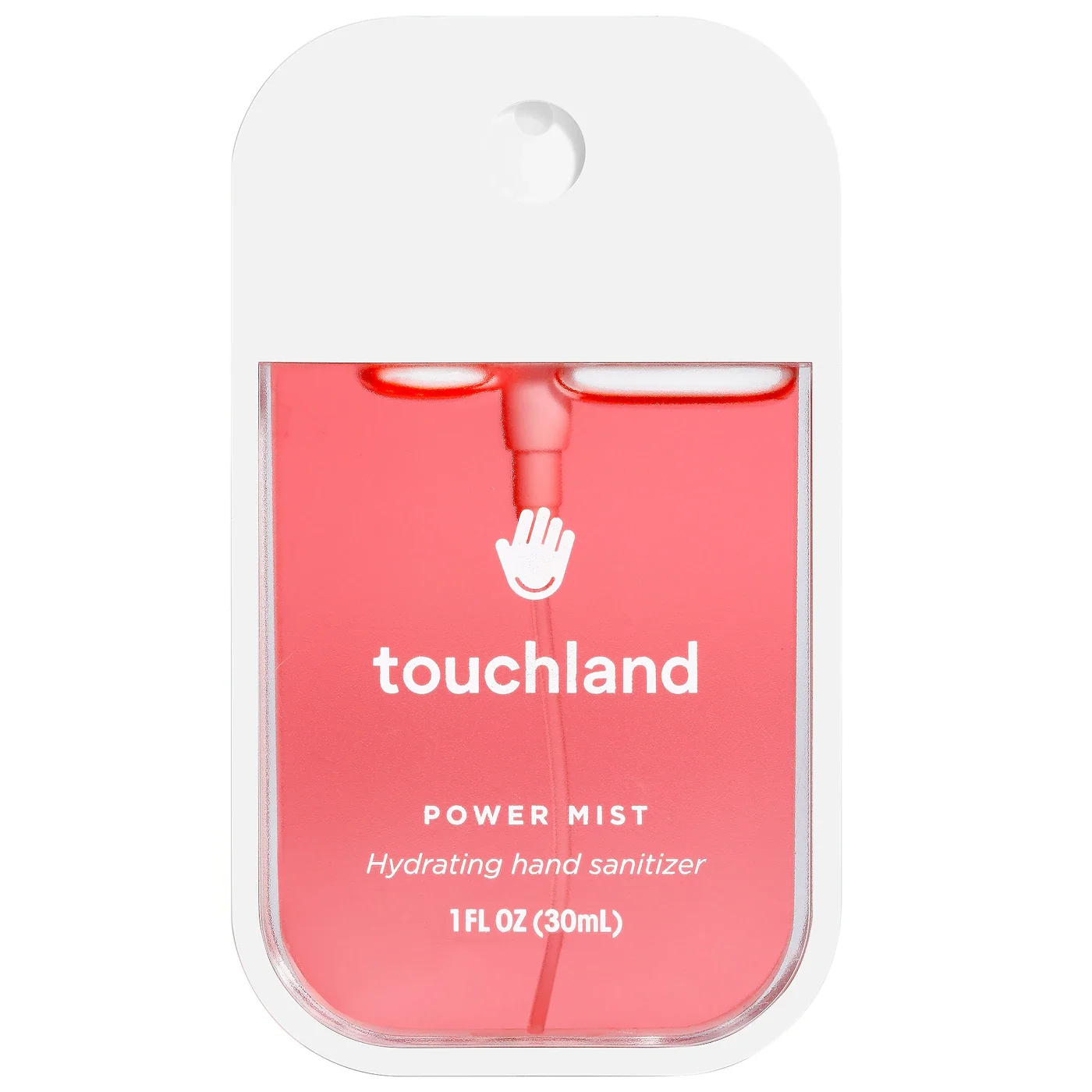
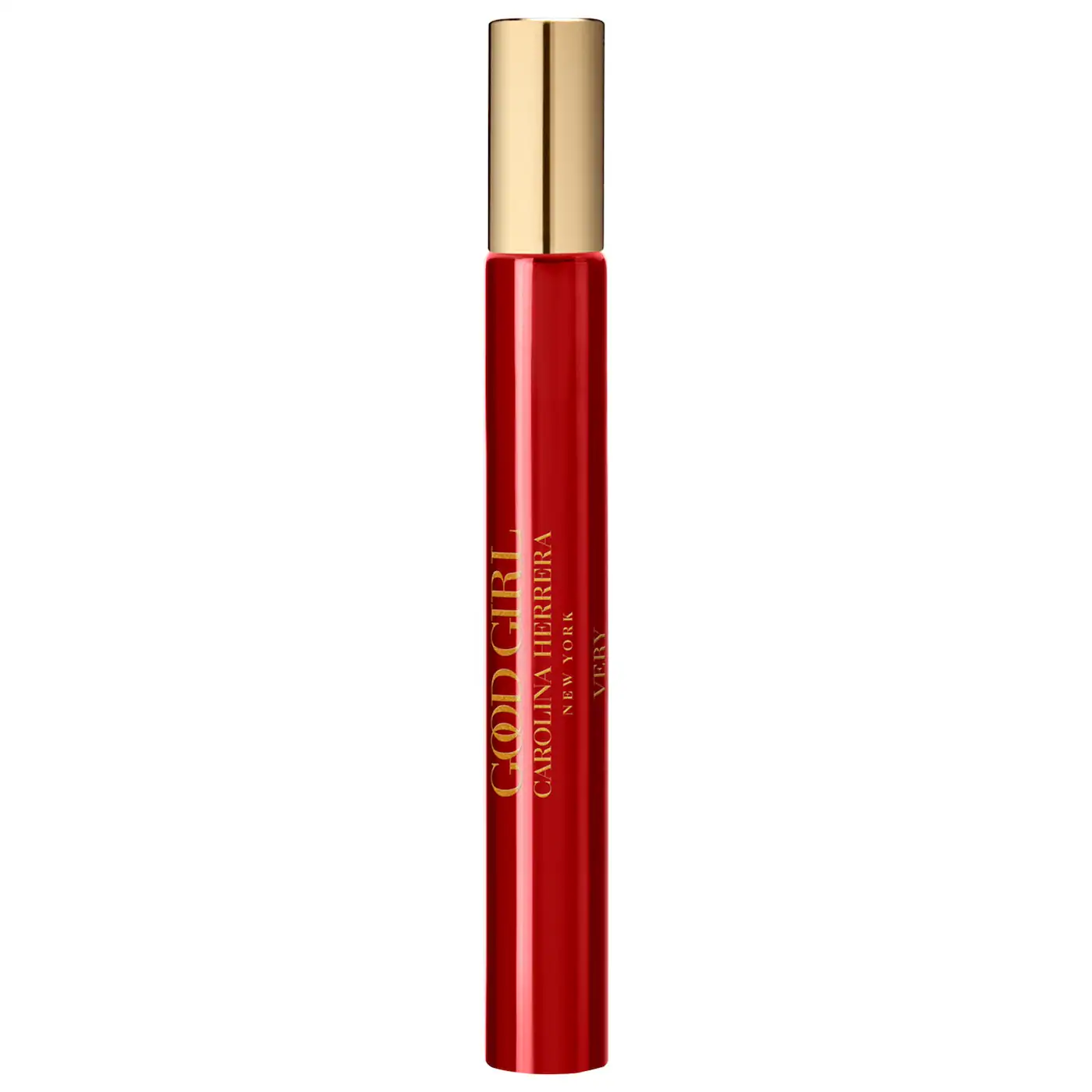




Oh, I’m so glad you said that. Because when people are making disparaging comments about this, I’m like, have you seen that woman perform? Have you known what it takes to do that? Because if you did, you wouldn’t be talking right now.
How can Black women reclaim their bodies after being shamed?
That’s such a great question. One of the things I will say about reclaiming your body is the importance of redefining your relationship with your body for yourself; come back home to ourselves, claiming our bodies as our own and that we have autonomy over them; finding a place of self-trust, also leaning into cherishing myself again, cherishing who I am; being loud and bold about the fact that I am the protagonist of my own love story and arriving at a place where we sincerely appreciate, love, and cherish ourselves is powerful.



